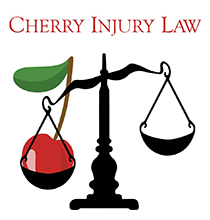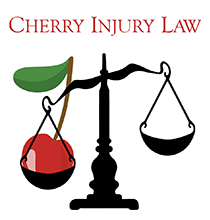Philadelphia PA Erb’s Palsy Attorneys
Erb’s palsy is a paralysis that afflicts the muscles and nerves of the brachial plexus. The vast majority of cases occur as a result of birth injuries. An infant who goes through an abnormally long labor or who passes through an unusually narrow birth canal may be more at risk for the dystocia which typically leads to Erb’s palsy and other dangerous neurological conditions. Babies born with the assistance of vacuum extraction or born in an unusual position also tend to be more at risk.
Treatment options range widely and depend often on the severity of symptoms. Doctors can release the sub scapularis muscle, transfer a tendon from the latissimus dorsi, and transfer nerves from other healthier areas of the body (often from the leg on the other side of the body from the brachial plexus injury).
Damage to the C-5 and C-6 nerves can impact development and lead to a number of chronic injuries and conditions. An affected arm, for instance, may not grow as long as a non affected arm, leading to an asymmetric appearance. Some patients experience intense circulatory problems and as a result have a harder time healing damaged tissue on the affected arm. Other patients report serious neurological problems, such as a lack of sensation or the intermittent loss or diminishment of sensation.
While Erb’s palsy can occur naturally due to no one’s negligence, the condition can also result from the malpractice or non-practice of attending health professionals. If an obstetrician either speeds up or slows down labor, for instance, he or she might increase the likelihood of birth injury or trauma.
To parse out whether or not you may have a liability case against a medical professional as a result of your child’s Erb’s palsy, walk through the facts with a veteran legal professional. Talk to the celebrated Philadelphia PA personal injury attorneys of Cherry Injury Law today about your options and potential legal strategies. We’re on call at 888-845-2703 (toll-free), and we take birth injury cases on a contingency basis, meaning you don’t have to pay legal fees unless and until we collect for you.








 Cherry Injury Law RSS Feed
Cherry Injury Law RSS Feed



